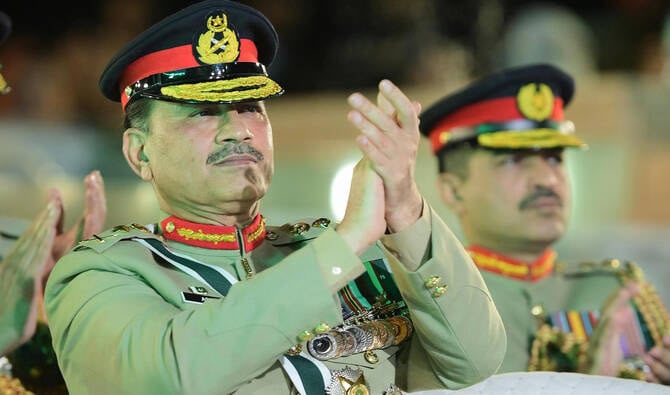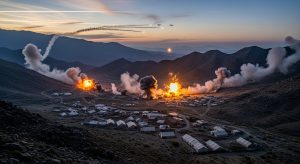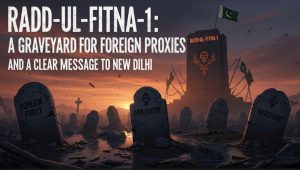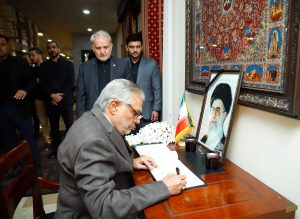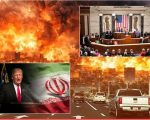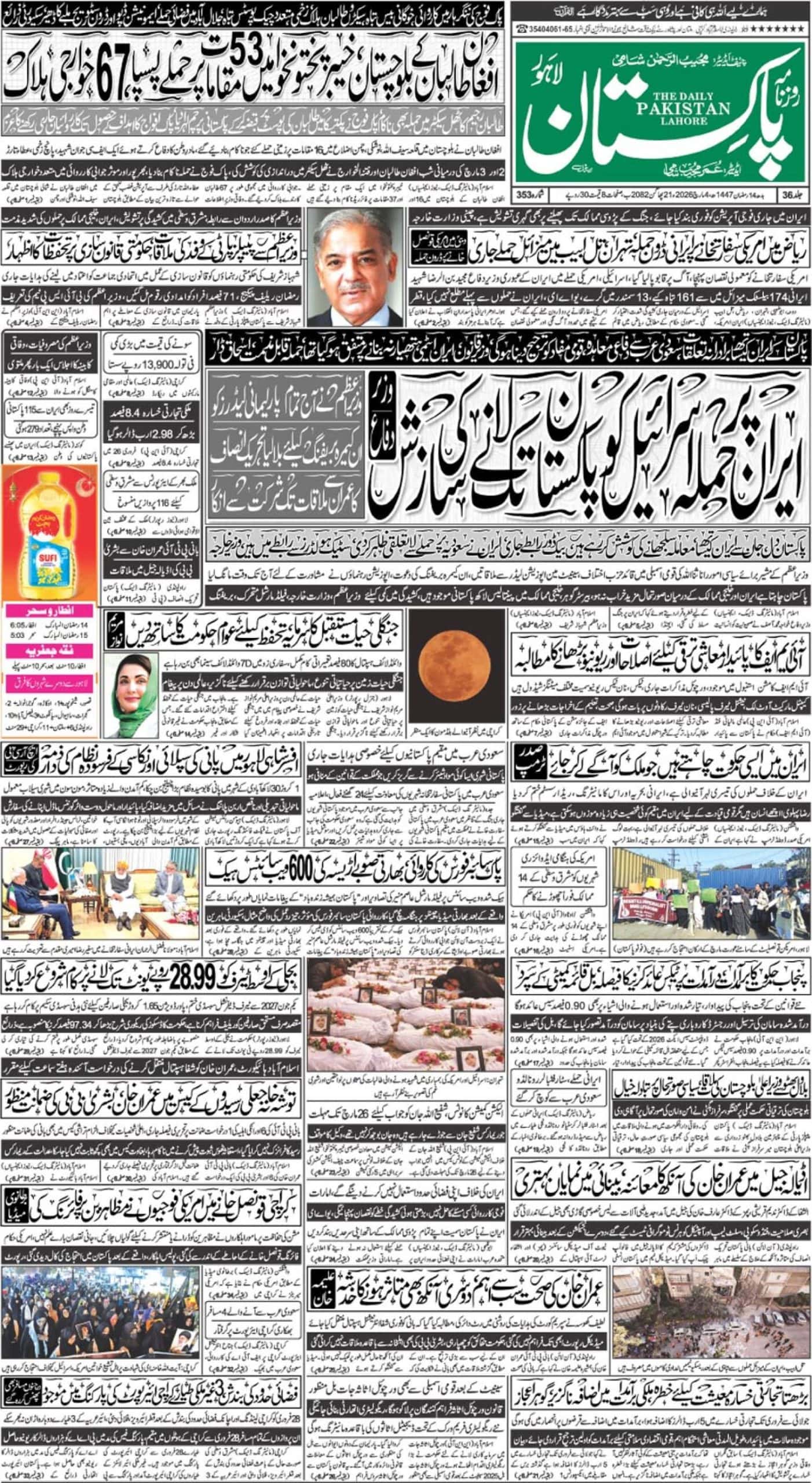With vast swathes of Karachi remaining submerged days after torrential monsoon rains and a complete absence of political leadership on the ground, a growing chorus of citizens is now openly appealing for the Pakistan Army to intervene. The situation is being described as one of the worst crises in recent memory, prompting desperate residents to bypass all other channels and write letters directly to Field Marshal Syed Asim Munir, pleading for a permanent solution to the city’s chronic governance failure.
The core reason for this unprecedented direct appeal is simple: trust. For decades, the people of Karachi have witnessed the Pakistan Army and Rangers step in during moments of crisis. “Yesterday, we witnessed that too,” remarked one resident on social media, a sentiment echoed across the city. The sight of soldiers rescuing stranded families while not a single high-profile leader from any political party was visible has cemented a long-held public perception: when all else fails, the army is the only institution that responds.
This reliance on military aid, however, is a double-edged sword for the city’s populace. While there is profound gratitude for the life-saving interventions, there is also deep-seated anger that civil institutions have been allowed to decay to the point of irrelevance. The plea to the Field Marshal is therefore not just for more relief goods or temporary engineering solutions, but for a decisive, top-down intervention to fix the broken “system” he himself has vowed to challenge.
For Karachi’s citizens, this system is not an abstract concept. It is the corrupt nexus of political and bureaucratic interests that ensures storm drains remain choked, infrastructure projects remain on paper, and development funds disappear. This systemic failure is what turns predictable rainfall into an annual catastrophe, paralyzing the nation’s economic heart and inflicting untold misery on its 20 million inhabitants.
In their appeals, residents are reminding the leadership of the historical debt the federation owes to the city. As Pakistan’s first capital, chosen by the Quaid-e-Azam, Karachi built the nation. Now, they argue, the nation must step in to save its most vital metropolis from ruin.
The citizens of Karachi are putting forward a clear roadmap for what this permanent fix should entail, asking the Field Marshal to use his authority to champion these changes:
A National Project for Urban Renewal: Treat Karachi’s rehabilitation as a national security imperative, launching a federally-backed project to completely overhaul its archaic drainage and civic infrastructure.
Enforcement of Constitutional Local Government: Mandate the full and time-bound implementation of Article 140A to create a genuinely empowered and financially autonomous local government system that is accountable to the people of Karachi.
Creation of a Metropolitan Police Force: Establish a modern, unified police force under a single city command, insulated from political interference and answerable to local representatives.
A Mandated Federal-Provincial Coordination Authority: Form a high-powered, results-oriented coordination body with the authority to override bureaucratic stalemates and ensure timely execution of development projects, with its progress reported publicly.
Safeguarding of Municipal Revenue: Implement a system of mandatory external audits to protect the city’s revenue streams from diversion and ensure that funds generated in Karachi are reinvested in its infrastructure.
Implementation of a Modern Flood Management System: Initiate a permanent, engineering-led program to clear all outfalls, upgrade pumping stations, and lawfully remove encroachments from waterways, coupled with a fair resettlement plan.
A Continuous Urban Fortification Program: Launch a perpetual city-wide works program focused on making Karachi’s essential services—roads, waste management, and power—resilient against future climate and infrastructure shocks.
The message being sent to Islamabad is born of desperation. The trust placed in the military institution is not arbitrary; it has been forged over decades of repeated civil failures. For the people of a drowning city who feel abandoned by their elected leaders, the army is no longer just a last resort; in their eyes, it is the only reliable one. Their letters and appeals to Field Marshal Munir are a plea for him to transform the army’s role from temporary rescuer into the catalyst for a desperately needed permanent solution.

